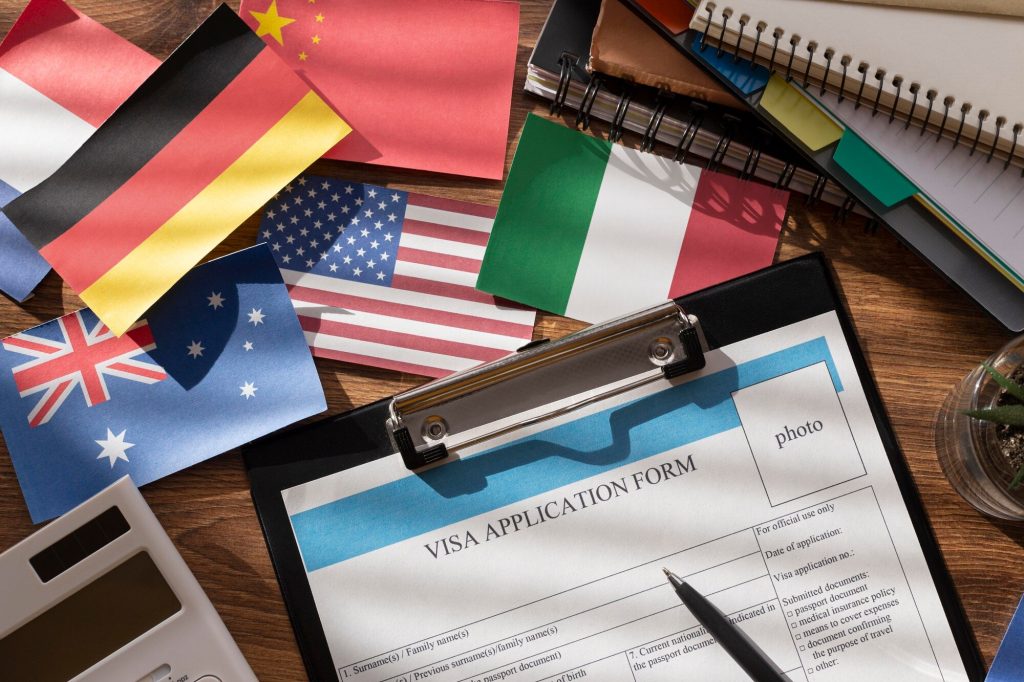
In today’s globalized world, accurate and legally recognized translation is essential for businesses, immigrants, and legal proceedings. Certified translation services ensure that documents are translated with precision, authenticity, and compliance with legal standards. Whether for international business transactions, visa applications, or legal contracts, certified translations play a critical role in bridging language barriers and ensuring clear communication.
Certified translation refers to the translation of official documents by a professional translator or a translation service provider who attests to the accuracy and completeness of the translation. The certification often includes a signed statement confirming that the translation is true to the original document. Some jurisdictions require translations to be notarized or performed by accredited professionals to be legally valid.
1. Expanding International Markets
For businesses looking to expand into foreign markets, accurate translation of contracts, marketing materials, financial reports, and product descriptions is crucial. A certified translation ensures that all stakeholders understand the terms and conditions, preventing misinterpretations that could lead to legal disputes or financial losses.
2. Compliance with International Regulations
Different countries have varying regulations regarding business operations, taxation, and employment. Many regulatory authorities require foreign businesses to submit official documents in the local language. Certified translations help companies comply with these requirements and avoid legal issues.
3. Strengthening Business Relationships
A company that invests in certified translation demonstrates professionalism and commitment to clear communication. This fosters trust and credibility among international partners, clients, and regulatory bodies, paving the way for successful collaborations.
1. Visa and Residency Applications
Immigrants often need to submit essential documents, such as birth certificates, marriage certificates, academic transcripts, and police clearance reports, when applying for visas or residency. Most immigration authorities require these documents to be in the official language of the country and translated by a certified translator.
2. Educational and Employment Opportunities
Students and professionals seeking opportunities abroad may need to provide translated transcripts, diplomas, and recommendation letters. Certified translations ensure that these documents are accepted by foreign universities, employers, and licensing boards, facilitating smooth transitions into new academic or professional environments.
3. Naturalization and Citizenship
For individuals applying for citizenship, government agencies typically require translated personal documents. Any errors or inconsistencies in translations can lead to delays or rejections. Certified translations ensure that these documents meet the required standards, speeding up the naturalization process.

1. Court Proceedings and Legal Documents
Legal proceedings often involve multilingual parties, requiring certified translations of contracts, witness statements, and court orders. A certified translation ensures that all parties have an accurate understanding of legal documents, reducing the risk of misinterpretation or legal challenges.
2. Contracts and Agreements
When drafting business contracts, real estate agreements, or employment contracts for international partners, accurate translations are crucial. Certified translations guarantee that the terms are legally binding and universally understood by all parties involved.
3. Intellectual Property Protection
Patent applications and copyright registrations often require translations to be legally recognized in multiple jurisdictions. A certified translation ensures that intellectual property rights are accurately documented and protected across different legal systems.
Given the importance of accuracy in certified translations, selecting a reputable service provider is essential. Here are key factors to consider:
Certified translation services are indispensable in business, immigration, and legal matters. They ensure accuracy, compliance with legal standards, and seamless communication across linguistic barriers. Whether expanding into new markets, applying for a visa, or handling legal disputes, certified translations provide credibility and legal acceptance, making them an essential tool in today’s interconnected world. Investing in a trusted certified translation service is not just a formality—it is a necessity for success in global ventures.